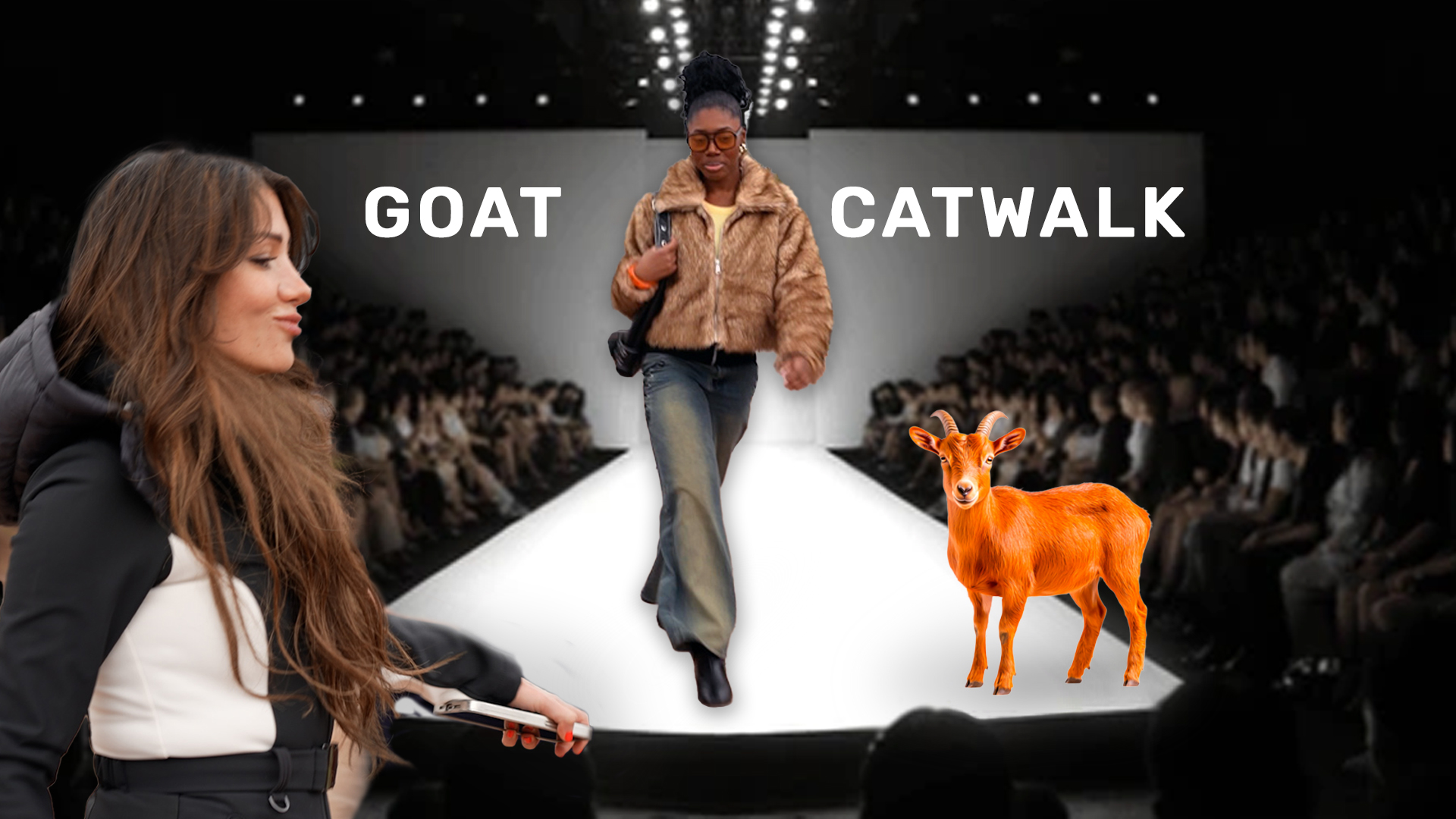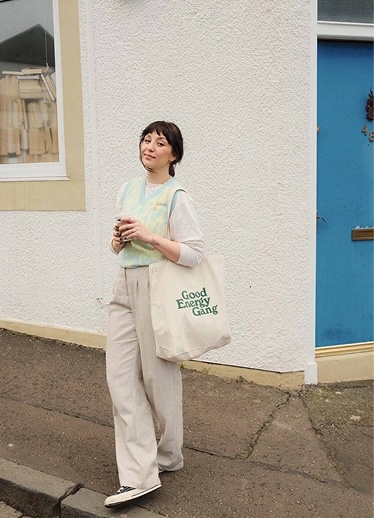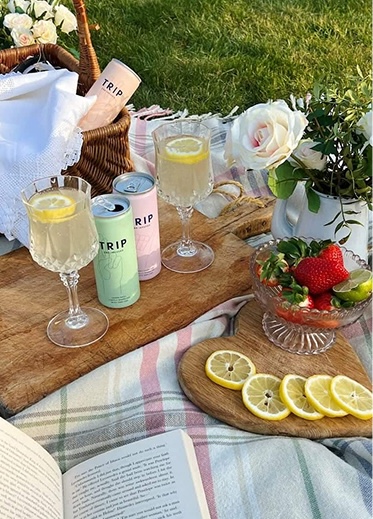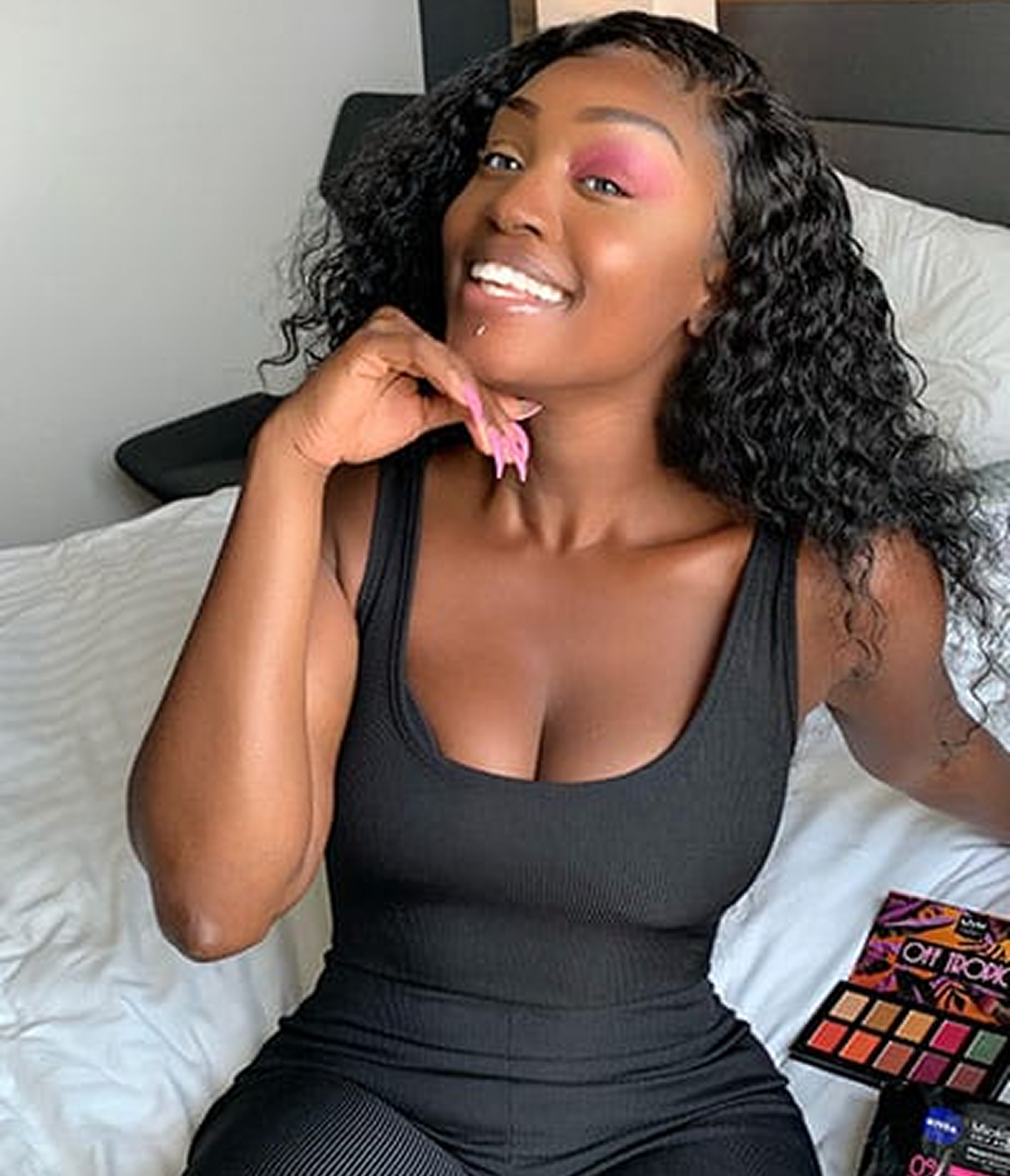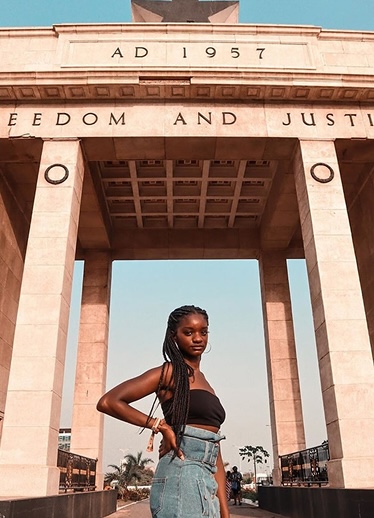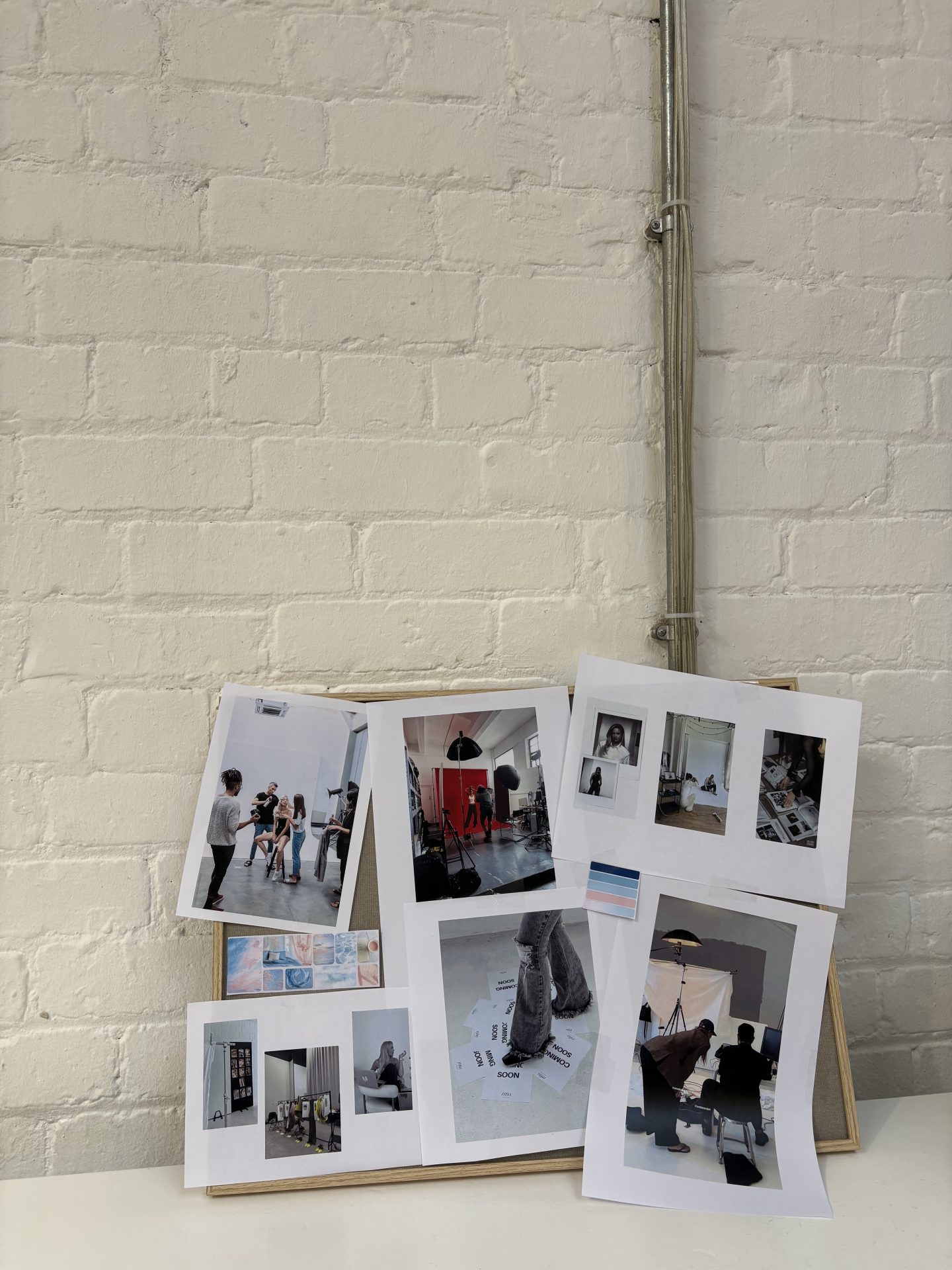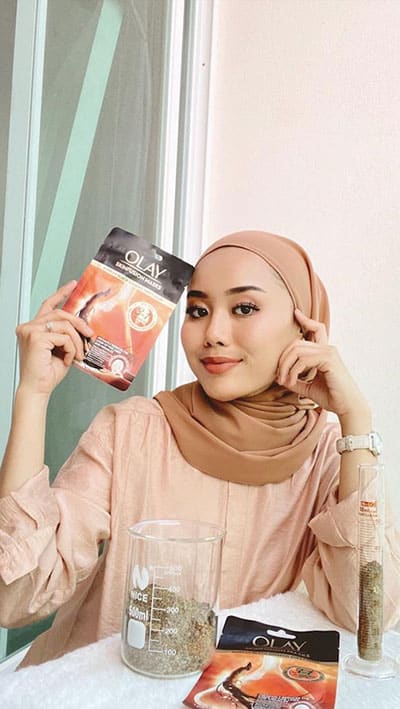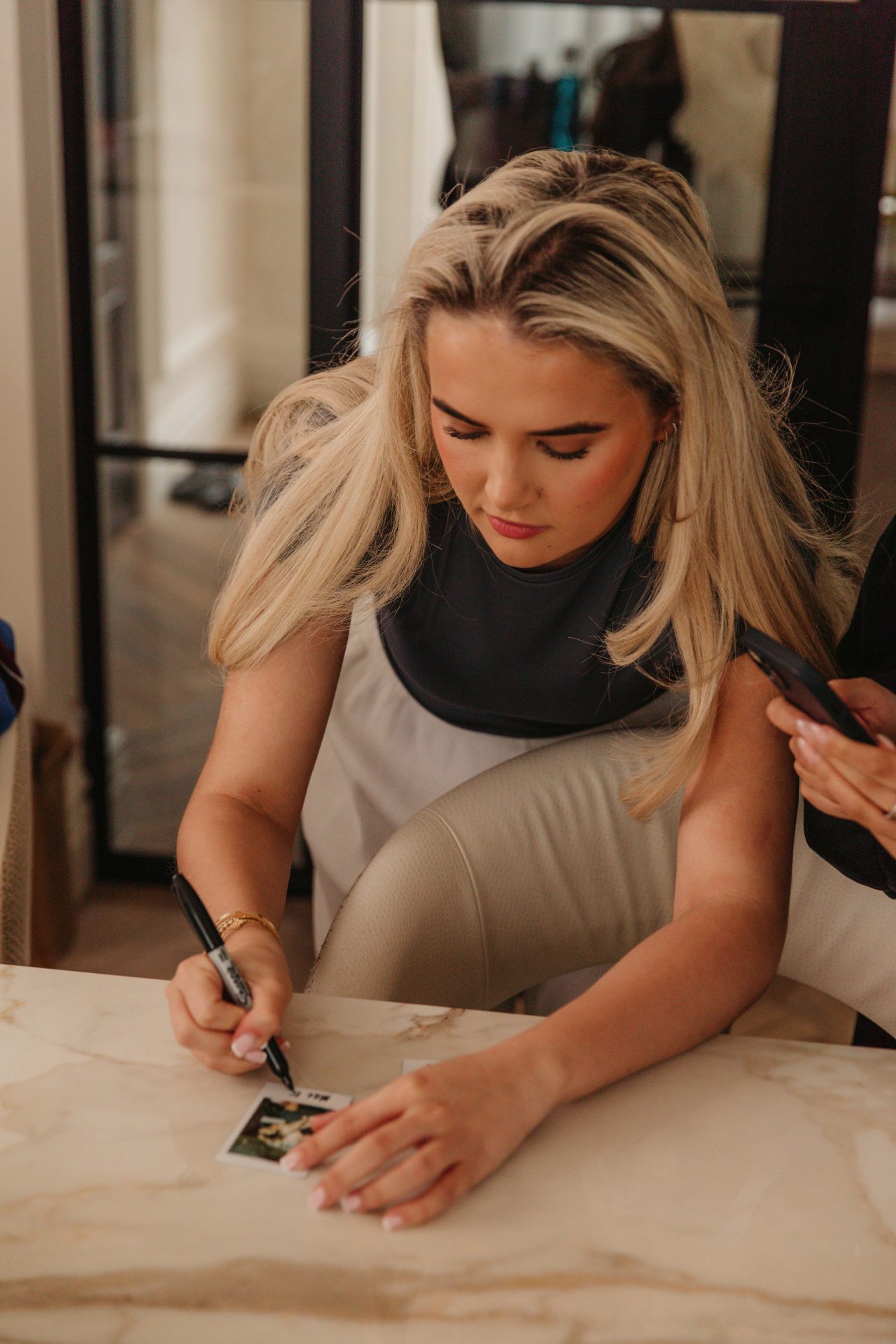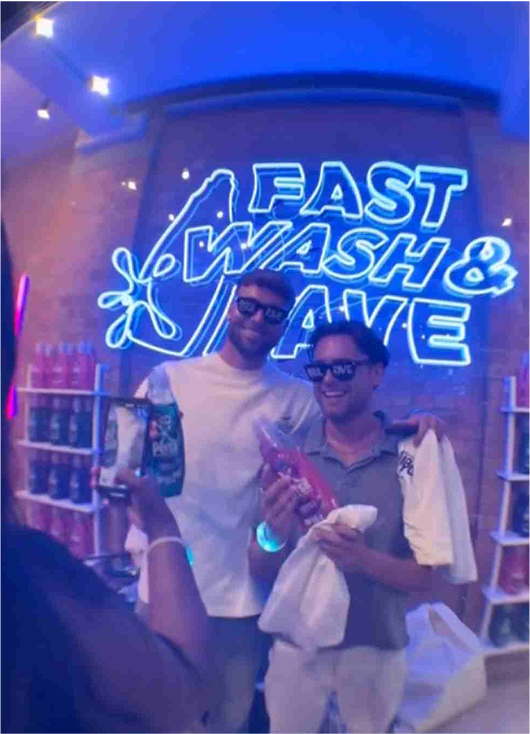Insights
Featured article
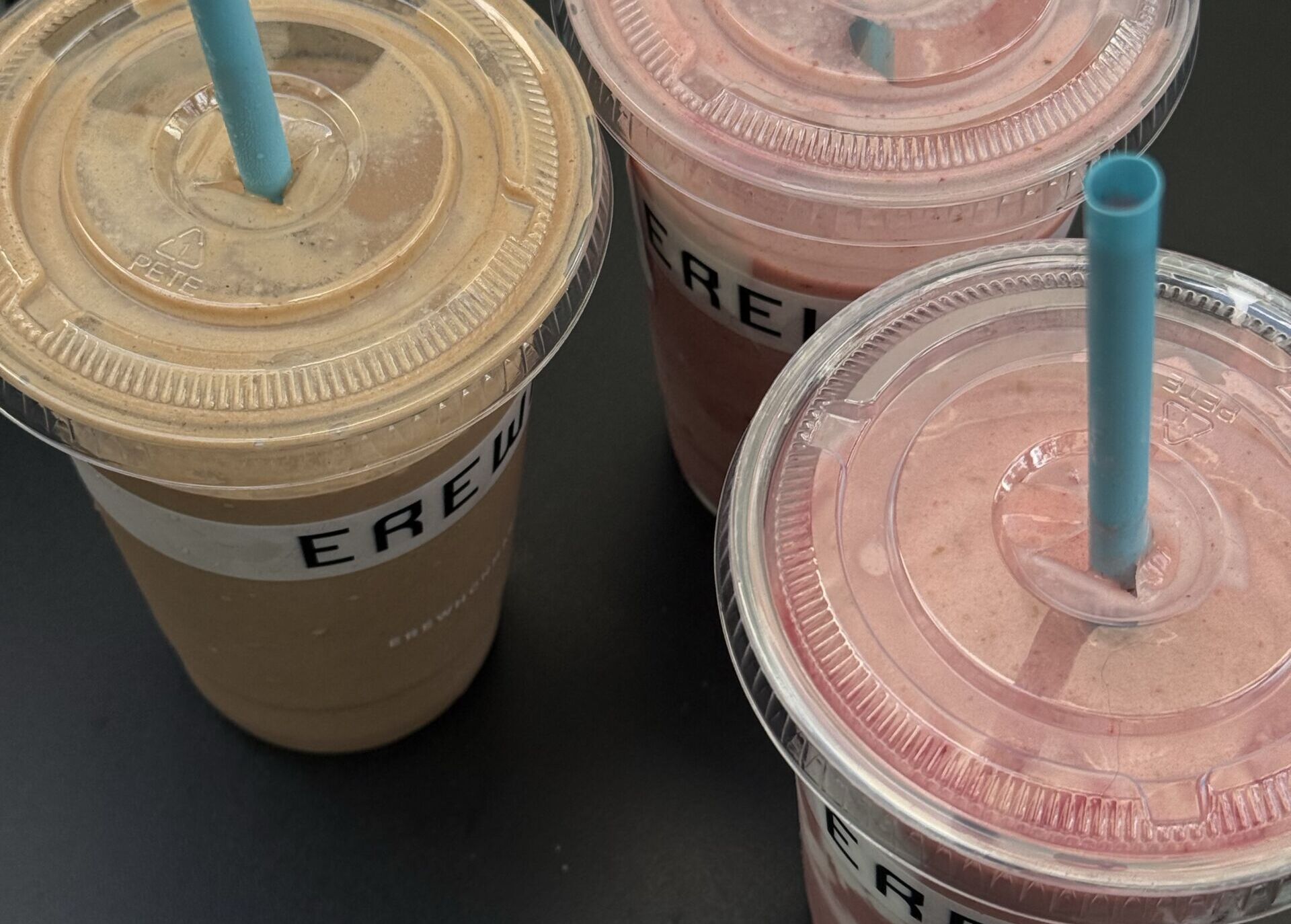
The Top 10 Food Industry Influencer Marketing Campaigns in 2025
August 12, 2025
Discover the best food influencer marketing campaigns. Get inspired by creative strategies brands used to capture attention on TikTok & Instagram.

Goat Announces a New Era of Influence Everywhere
August 7, 2025
We are entering a new era in marketing. An era defined by people - where genuineness leads, relevance wins, and real voices shape the message. Now, we’re naming what we’ve always delivered: The Human Media Revolution.

Overherd on Social: The Impact of Love Island on Influencer Marketing
August 4, 2025
In this episode of Overherd on Social, we’re joined by Goat’s Love Island super fans Olivia Tutton, Senior Campaign Director, and Aimee Roe, Account Manager, to explore the evolution of Love Island Influencers, the show’s cultural impact, and its effect on the influencer industry as a whole.
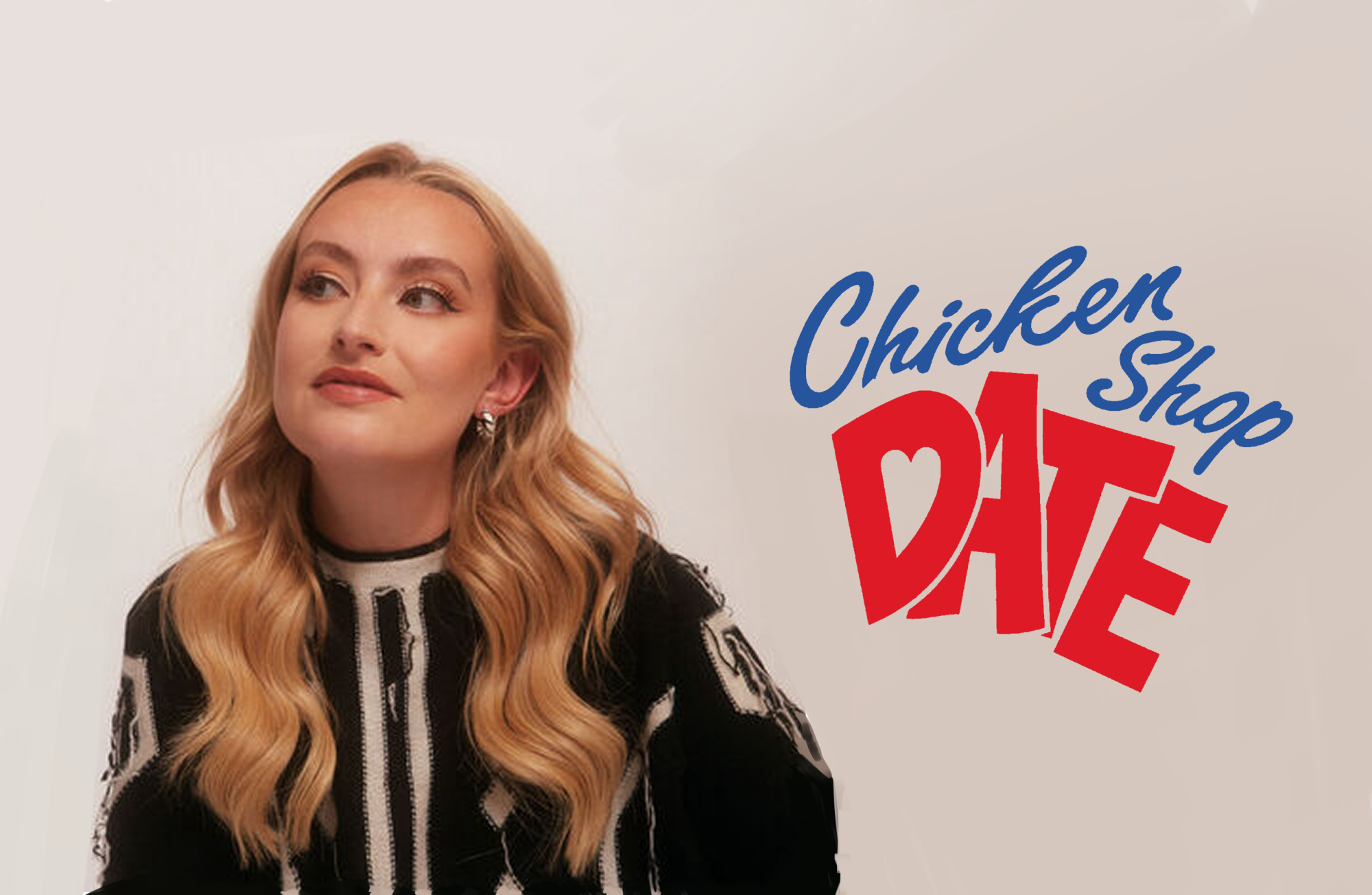
The Chicken Shop Date Marketing Strategy: Key Marketing Lessons From Amelia Dimoldenberg
August 1, 2025
From viral awkwardness to global brand deals, the Chicken Shop Date marketing strategy has refocused the lens on modern journalism. In this blog, we break down her evolution, impact, and the key takeaways for brand marketers.
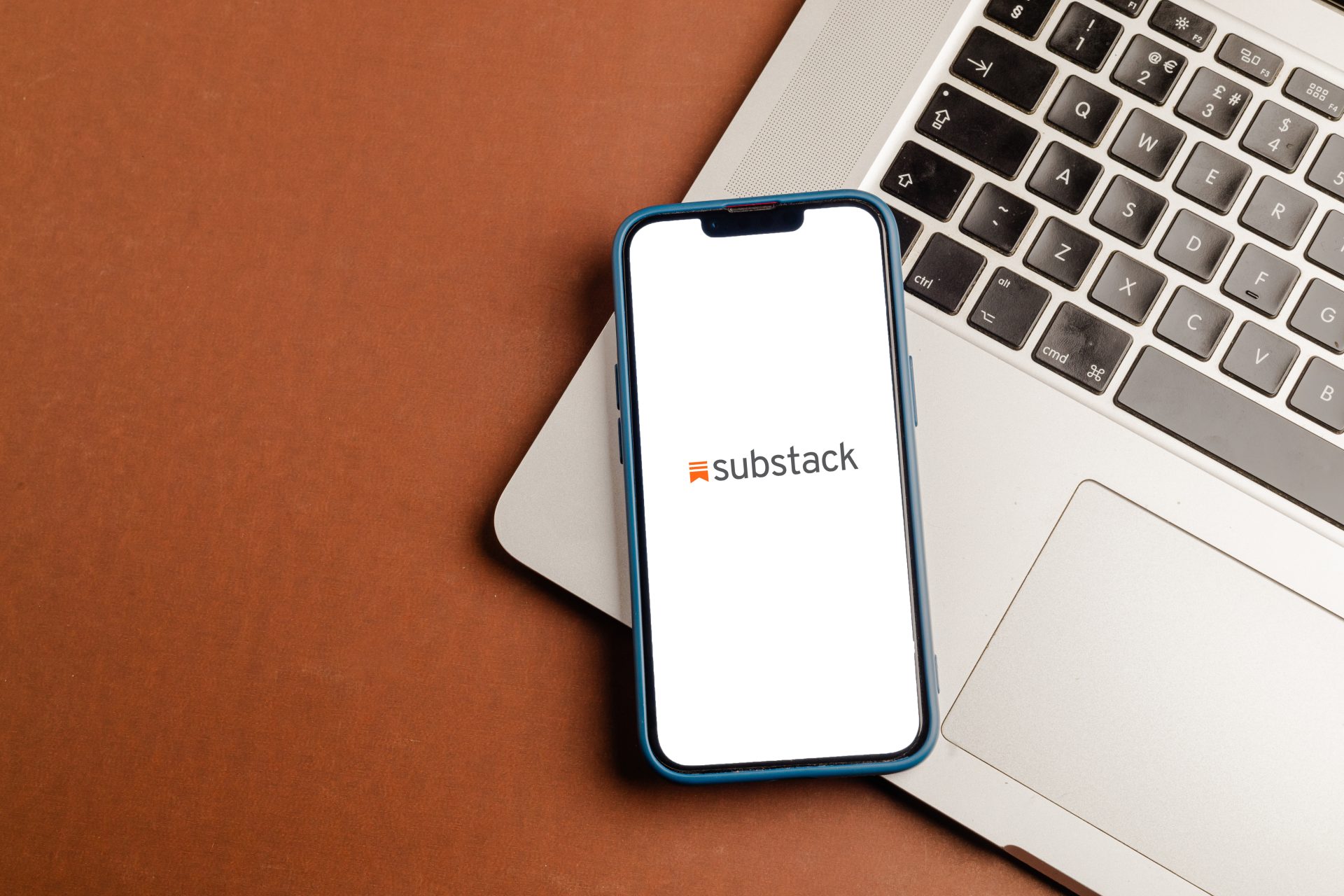
Substack Marketing: How Brands Can Work With Substack Creators
June 27, 2025
Long-form is making a comeback – and Substack is leading the charge. In this blog, we uncover how brands are using substack creators as a powerful tool in content marketing and how you can carry your brand forward using Substack.
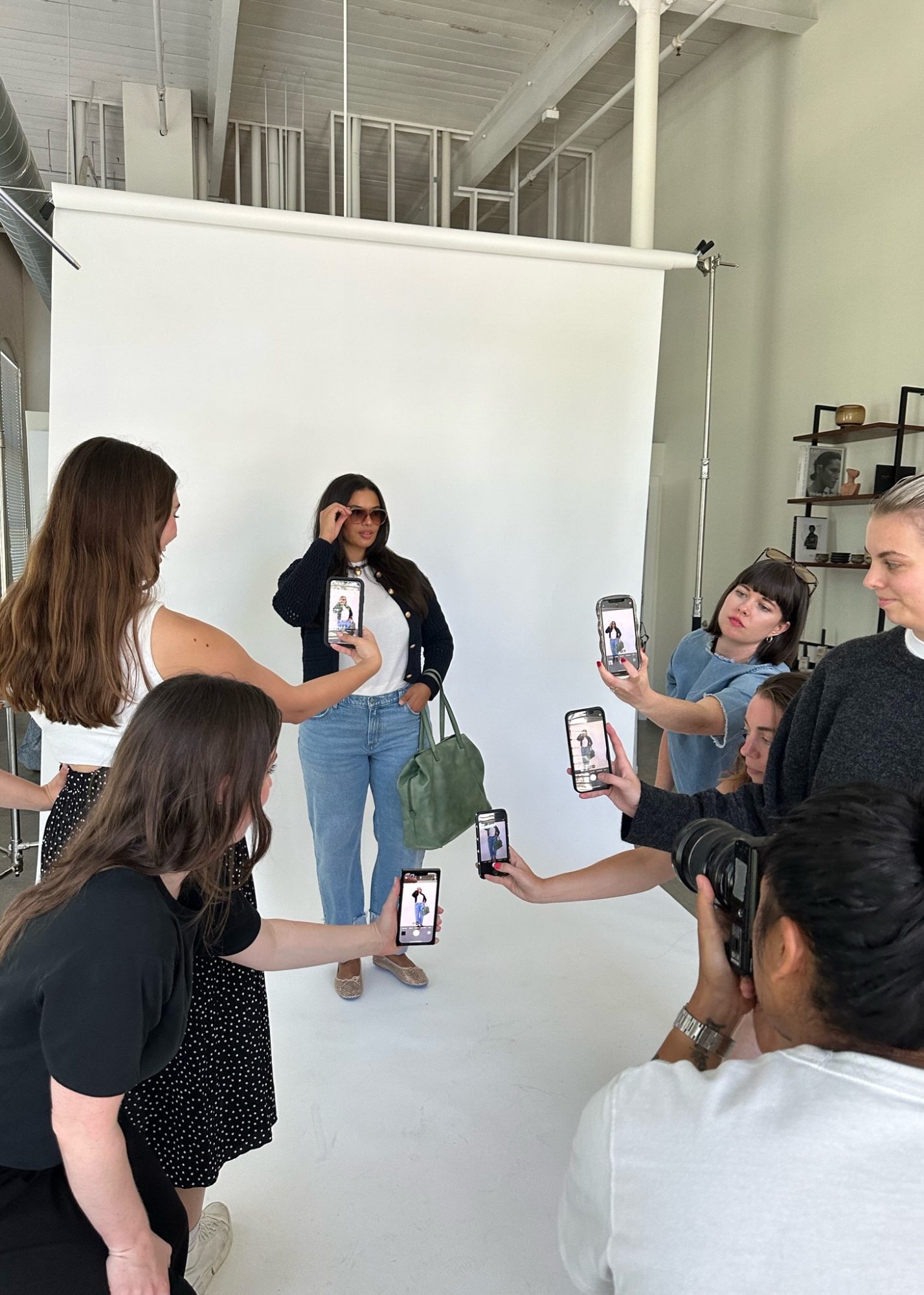
What Are The Hottest Influencer Fashion Lines?
June 19, 2025
Explore the top influencer fashion lines making waves this Spring. Uncover the latest fashion from viral blog-born brands, beach-ready essentials and refined influencer-curated elegance.
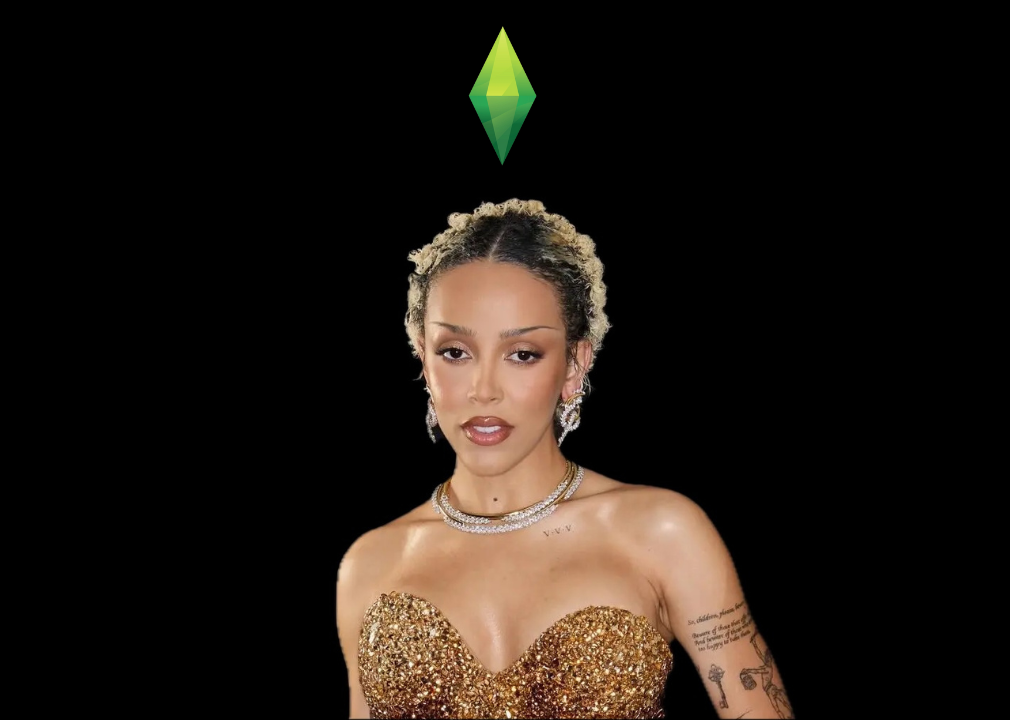
The Sims Influencer Marketing Strategy: How Creators Have Maintained The Franchise’s Relevance For 25 Years
June 11, 2025
With 2025 marking The Sims’ 25th anniversary, discover how The Sims leverages influencers to maintain cultural relevance and keep the franchise entertaining for over 2 decades.
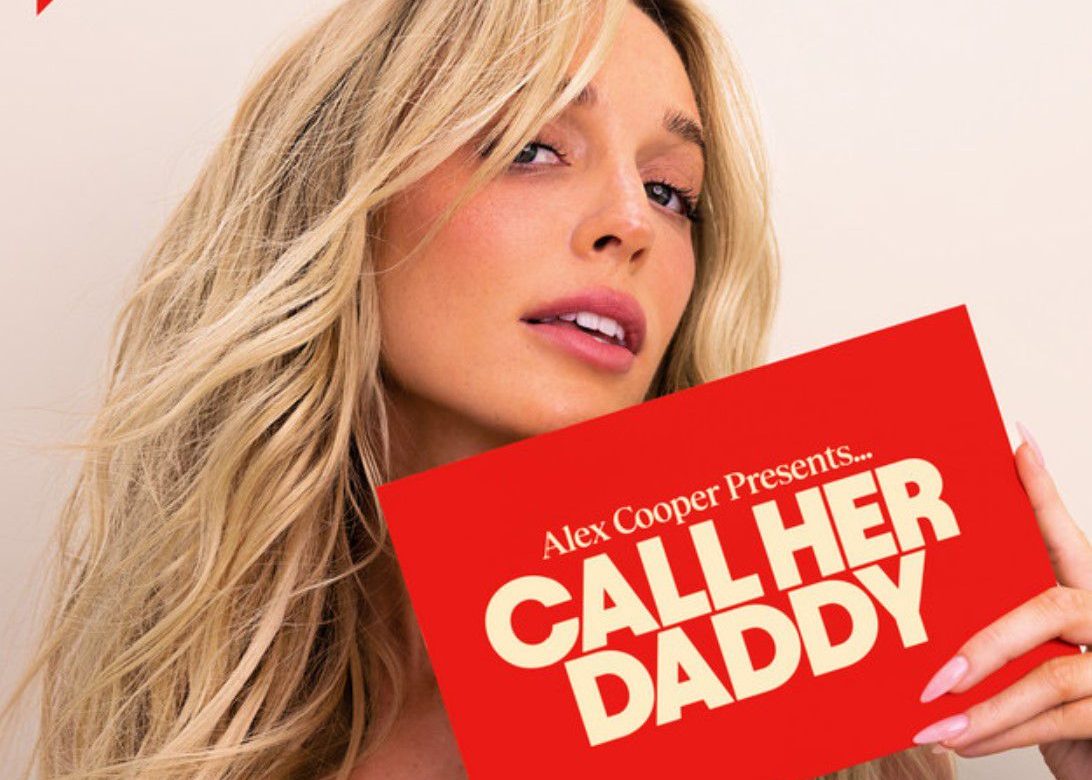
Inside The Call Her Daddy Empire: How Alex Cooper Became A Media Powerhouse
May 29, 2025
Alex Cooper's Call Her Daddy empire is rewriting the role of influencers in media. How did she do it? This blog explores the meteoric rise of Alex Cooper from influencer to multi-media mogul.
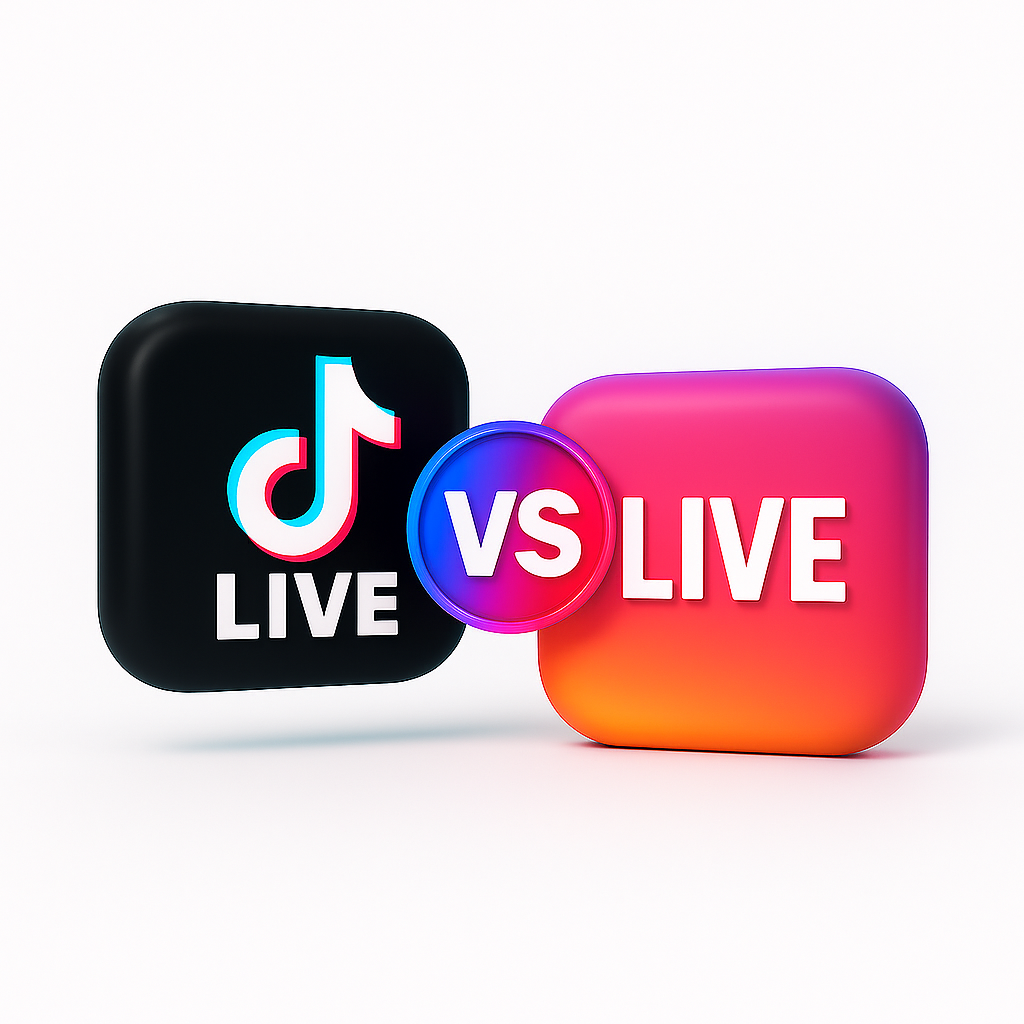
Instagram Live Vs TikTok LIVE: Which Platform Is Best for Influencer Marketing in 2025?
May 27, 2025
When it comes to livestreaming, Instagram Live vs TikTok LIVE is becoming one of the biggest decisions brands face in the space. This blog explores those differences in detail, helping you understand how to tailor your livestream strategy to each platform.
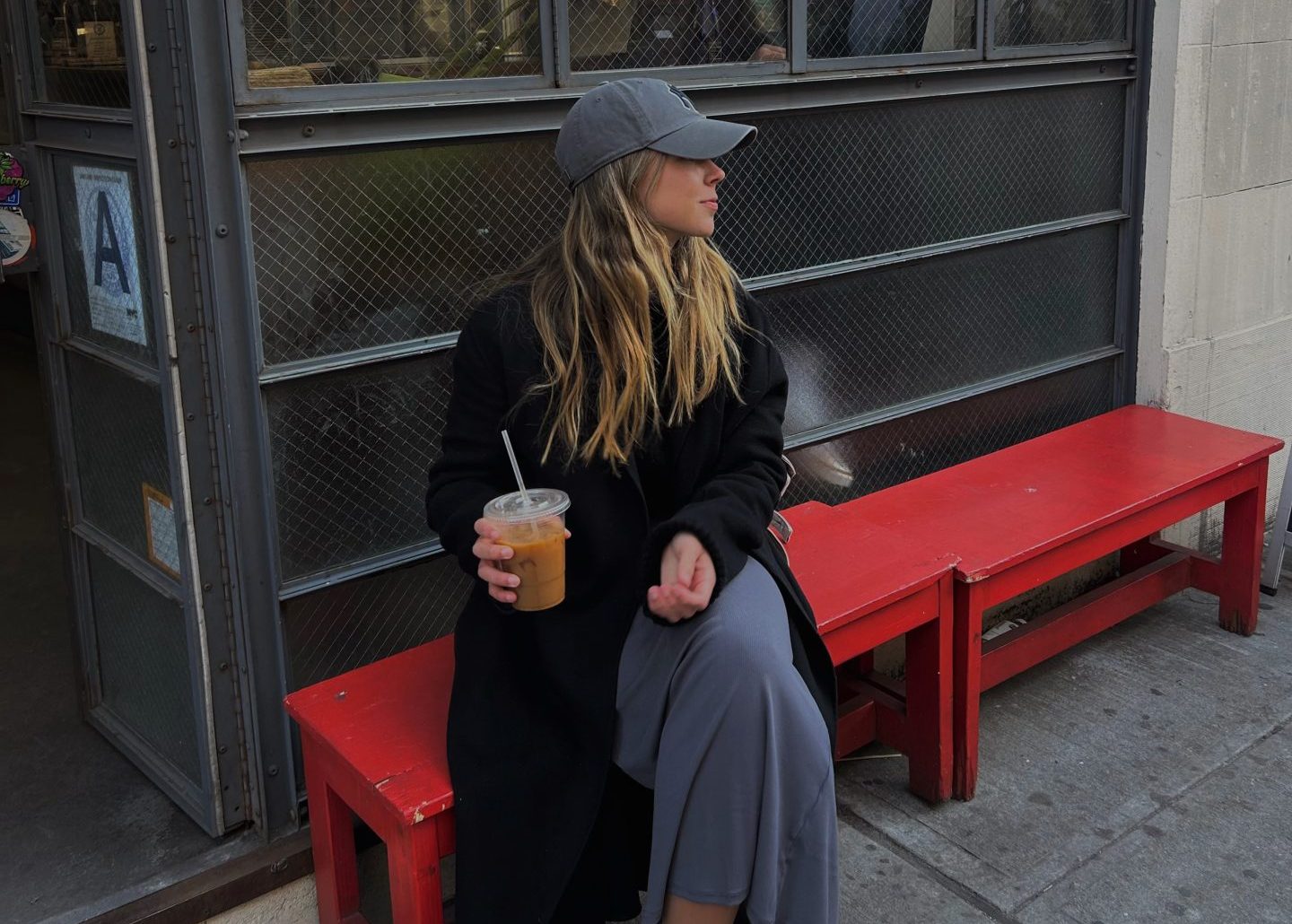
10 Not-Boring New York Influencers to Partner With on Social Media
May 6, 2025
Are New York influencers really all the same? A viral debate says yes - but these 10 creators prove otherwise. Bold, original, and deeply NYC, they’re redefining influence in 2025. In this blog, we showcase the standout creators brands should watch.
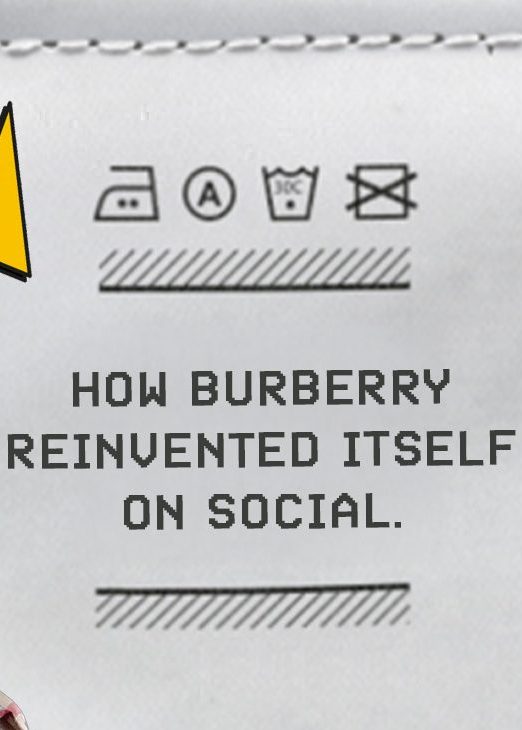
Burberry’s Marketing Strategy: How Innovation & Heritage Built a Global Luxury Brand
May 4, 2025
Burberry has become a masterclass in modern brand storytelling. In this blog, we explore how Burberry keeps its legacy fresh - and its audience engaged.

6 Influencer Activations That Stole The Show at Coachella 2025
April 30, 2025
Coachella 2025 brought the heat - and the brands brought the content. Discover the Coachella 2025 influencer activations that redefined this year's festival experience.
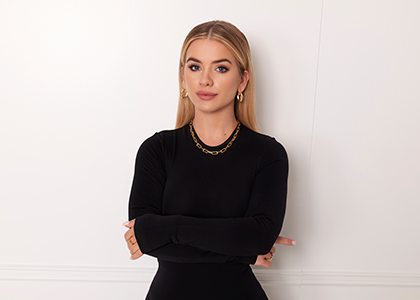
Grace Beverley & TALA: How Did Grace Beverley Start Her Business Empire?
April 29, 2025
How Did Grace Beverley Start Her Business Empire? Learn how she built a multi-million dollar brand and became the ultimate girl boss in fitness & fashion.
